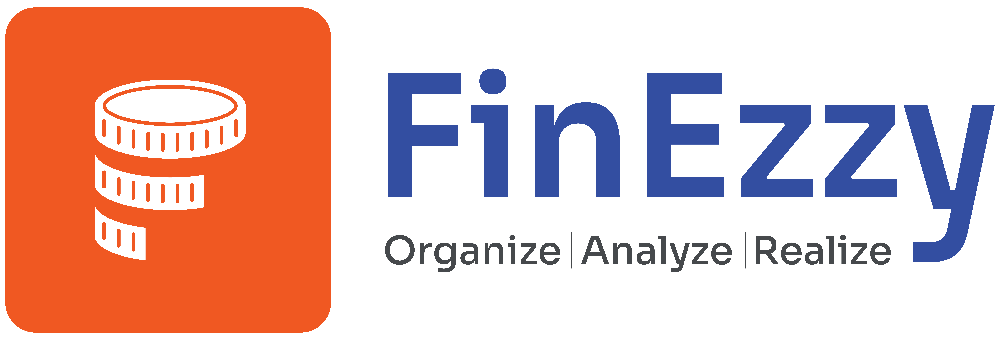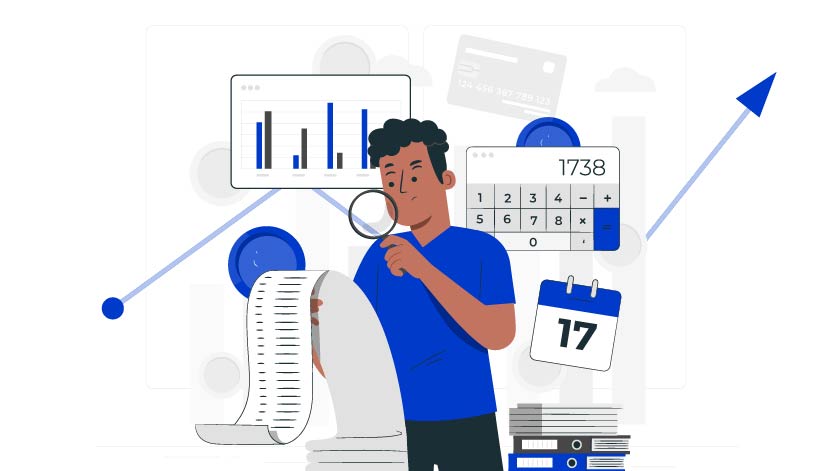Taking care of our money is really important. It helps us feel secure and peaceful. Every choice we make with our money adds a little piece to the big picture of our financial life. But, having a lot of debt can be like a weight that makes it harder to move forward.
Debt can be a big problem if we don’t handle it well. It’s not just about the money we owe or the bills we pay every month. It affects how we live, how we feel, and the choices we can make. But don’t worry, with the right steps, we can take control of our debt and use it to make our financial health even better.
Knowing how to manage debt helps us deal with money problems without feeling overwhelmed. With the right information and steps, we can turn debts into opportunities to grow and get better with our money. This blog will give you easy-to-follow steps on how to reduce debt, get better at handling money, and take control of what you owe.
What Kind of Debt Are You Dealing With?
Understanding money matters can be easier when we know about the different kinds of debts. Each kind of debt is different and affects our money in its own way. Let’s look at some common debts and also learn about how our total debt compares to our income.
Types of Debt
Personal Debt: This includes personal loans, medical bills, and other borrowed money. People often have this kind of debt after buying things or using services. It’s normal but can add up fast if we’re not careful.
Student Loans: Going to college is a way to prepare for the future, but it can also mean having to pay back student loans. It’s important to manage these loans well because they can affect our money for a long time.
Credit Card Debt: Credit cards are handy but can lead to a lot of debt if we don’t pay off the full amount we owe each month. Because the interest rates can be high, this debt can grow quickly.
Home Loans: Many people dream of owning a home, and home loans or mortgages make that possible. Even though this can be seen as a positive debt because it helps us buy a home, making regular payments is important to keep our finances in check.
Understanding Debt-to-Income Ratio
It’s really important to know how much debt you have compared to the money you earn every month. This is called the debt-to-income ratio. It’s a way to see what percentage of your monthly income goes towards paying off your debts.
In easy words, if you make 1000rs a month and pay 200rs towards your debts, then you’re using 20% of your income to pay off debts. The lower this percentage, the better. It means you have more of your income to spend on other things.
But if it’s high, it can be a warning sign that you’re relying too much on borrowed money, and it might be tough to pay it all back.
Can Too Much Debt Affect Your Future?
Have you ever wondered how having a lot of debt can impact your life and future opportunities? It’s not just about the money you owe; excessive debt can have far-reaching effects, touching various aspects of your life. Let’s break down some of the ways too much debt can become a problem.
Limited Financial Opportunities: When we have a lot of debt, we have less freedom to do things with our money. It can stop us from buying a home, investing, or getting more credit.
A study also showed that people with a lot of debt often have trouble saving up or building wealth, which can make their financial situation even worse.
Reduced Savings: Too much debt means we can’t save as much money. Every rupee used to pay off debt is a rupee not saved for later. This can make it hard to have money ready for emergencies and affects our financial security in the long run.
A study underscored that excessive debt often leads to inadequate savings, impacting retirement preparedness and financial resilience.
Credit Score Implications: The credit score is sensitive to the impact of excessive debt. High debt levels can lead to missed or late payments, adversely affecting the credit score. A diminished credit score translates to higher interest rates and reduced credit access, perpetuating a cycle of expensive debt.
Ready to Clear Your Debt with Ease?
Facing debt can feel overwhelming, but it doesn’t have to be. Believe it or not, there’s a brighter financial future waiting for you, and it’s closer than you think. With some easy-to-follow steps, you can take control of your debt, shake off the stress, and start enjoying your money and your life to the fullest. Curious how? Let’s dive into three simple strategies that are your tickets to a debt-free life.
Strategy 1: Debt Consolidation
One of the biggest challenges with having debt is keeping track of what you owe, especially if you have several different debts to pay off. That’s where the first strategy, debt consolidation, can help. You’ll have just one payment to make each month, often with a lower interest rate. It makes everything simpler and can save you money.
Strategy 2: Budgeting and Expense Tracking
The idea here is pretty straightforward – know where your money is going. Creating a budget helps you see how much money is coming in and how much is going out. By keeping an eye on your spending, you can easily spot where you might be overspending and where you can cut back. The money saved can then be used to pay off debt faster. Remember, you can only manage what you measure, and this is especially true for your money. The idea here is pretty straightforward – know where your money is going. Also utilizing an online personal finance app can simplify tracking your expenses and help in effective budgeting
Strategy 3: Debt Snowball and Debt Avalanche
These are two popular methods to tackle debt. The debt snowball method is like starting with the easiest task first. You pay off your smallest debts first and then move on to the bigger ones. It can feel really good to see those debts disappear one by one. Tracking your progress with an online personal finance app can be extremely helpful in staying consistent and motivated.
The debt avalanche method is the opposite. You start with the debts that have the highest interest rates. It’s like cutting off the head of the snake. You deal with the most dangerous debts first, which can save you money in the long run.
How Can You Dodge Debt Traps?
Stepping into the world of credit and loans can sometimes feel like navigating a minefield. There are common mistakes that many people make, but knowing what they are can help you avoid them.
One common mistake is only paying the minimum amount due on credit cards. It might seem like you are managing your debt, but it keeps you in debt longer because of the interest that keeps adding up.
Another mistake is taking on new debt without a clear plan for repayment. It’s always tempting to use credit for that instant purchase, but it can lead to a cycle of ever-increasing debt.
So, how do you avoid these traps?
First, always aim to pay more than the minimum amount due on your debts, especially credit cards. It helps to reduce your debt faster.
Second, before taking on any new debt, ask yourself if it’s necessary and how you’ll pay it back. Having a clear repayment plan is crucial.
Avoiding the cycle of accumulating new debt is about being informed and intentional with your financial decisions. Every loan or credit should be approached with caution, and always consider the long-term effects on your financial health. In a nutshell, be smart with your borrowing, and remember, avoiding debt pitfalls is a significant step towards financial freedom and peace of mind.
In wrapping up, managing and reducing debt boils down to a few key strategies. Consolidating your debts can make them easier to manage, while a well-planned budget helps control spending, allowing for more savings to pay off debt. Methods like the debt snowball and avalanche are effective for prioritizing repayments. Remember, every step taken to reduce debt is an attempt towards better financial health, improved credit scores, and expanded financial opportunities.
While we’ve discussed strategies for managing existing debt, choosing the right kind of loan is also crucial. Learn more about the pros and cons of loan against mutual fund loans versus unsecured personal loans [here]
Frequenstly Asked Question (FAQs)
Debt management in financial management refers to the strategies and actions taken to control and reduce the amount of debt an individual or organization has. It involves planning, budgeting, and implementing techniques to pay off existing debts and avoid accumulating new ones, aiming for a healthier financial state.
Debt management strategies include debt consolidation, where multiple debts are combined into one for easier management; budgeting and expense tracking to control spending; and specific repayment methods like the debt snowball and avalanche to prioritize and accelerate debt payoff.





